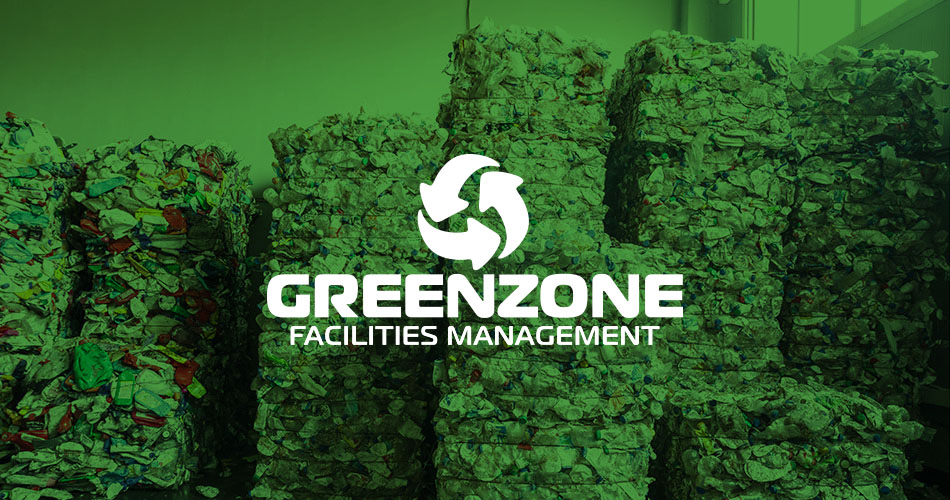The planned facility – which received unanimous consent – will be overseen by Peel Environmental, part of Peel L&P, and Waste2Tricity.
It will treat up to 35 tonnes of waste plastics per day, the first plant in the UK to use Distributed Modular Generation (DMG) technology, created by PowerHouse Energy Group at Thornton Science Park next to Protos, to do so.
The hydrogen produced will be used as a green fuel for vehicles on local roads, including buses and heavy goods vehicles (HGVs).
The new plant will also generate electricity that could be supplied to commercial users via a microgrid onsite.
Peel Environmental is also considering introducing a closed loop system at Protos, where plastics are recycled onsite and leftover material is turned into hydrogen.
The £7m development will create 14 full time permanent jobs and over 100 jobs in the North West during construction.
Myles Kitcher, managing director at Peel Environmental, said: “The creation of this UK-first facility makes great strides to solve two important issues: the huge amount of waste plastic produced, and the over-reliance on fossil fuels for energy.
“The technology has been proven at Thornton Science Park and will now be commercialised at Protos, before being rolled out across the UK.
“This is hugely significant for Cheshire and the wider region, demonstrating how we’re rising to the challenge of being the UK’s first low-carbon industrial cluster and setting a standard for others to follow.”
Construction is due to begin in autumn of this year, with the facility to be operational in 2021.
The news comes after Peel Environmental signed an agreement last year with Waste2Tricity and PowerHouse Energy to develop 11 waste plastic to hydrogen facilities across the UK.
The planned facility is also in line with Peel L&P’s wider sustainability agenda, with the company aiming to eliminate single-use plastics across the business within five years.
Orginal Source

